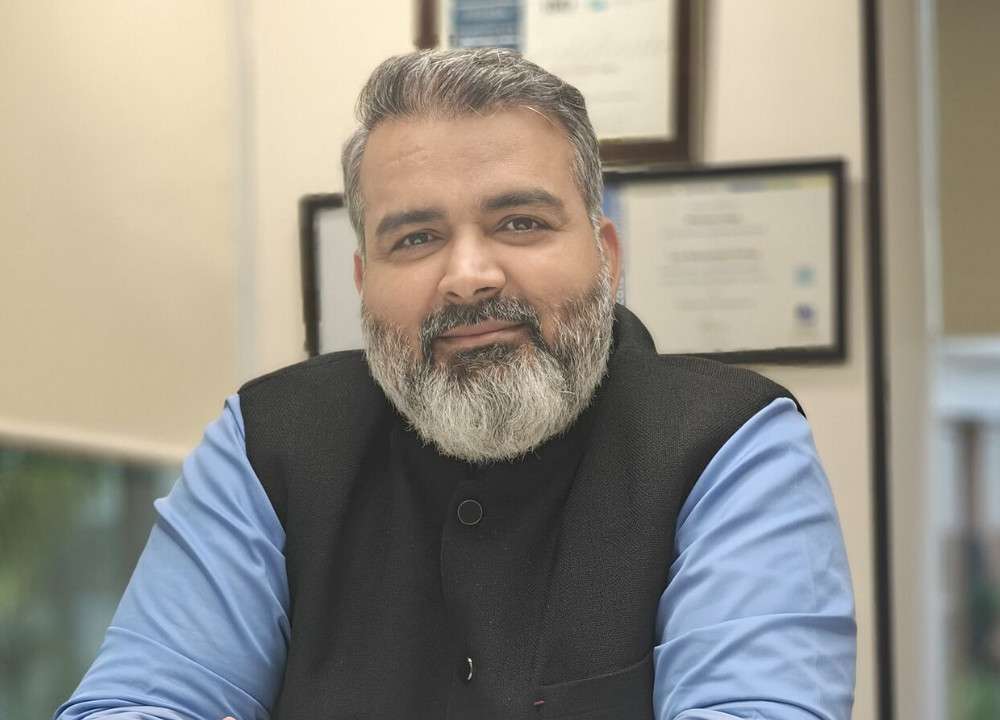Symbiosis Skills and Professional University (SSPU), Pune, has announced the launch of a new B.Tech in Defence Technology, a four-year undergraduate engineering program beginning in the academic year 2025–26. Designed in collaboration with experts from India’s defence sector, the program focuses heavily on hands-on training—comprising 70% practical work and 30% theoretical learning. The course has been tailored to align directly with current and emerging job roles within the defence and aerospace industries.
To support its skill-centric approach, SSPU has established a “Smart Centre of Excellence – Manufacturing Lab” at its Darawali campus. Students enrolled in the program will also gain access to internships with both private firms and public-sector defence organizations, offering real-time exposure to the industry.
Applicants must have completed Class 12 with Physics, Chemistry, and Mathematics to be eligible for the course.
During the program’s launch, SSPU formalized partnerships through MoUs with two key companies—Vasundhara Geo Technologies and DSA Electro and Design—aiming to boost industry collaboration and career opportunities for students.
Dr Swati Mujumdar, Pro-Chancellor of SSPU, highlighted how the course supports national initiatives like ‘Aatmanirbhar Bharat’ and ‘Make in India’. She noted that the Indian defence sector is rapidly growing, with immense potential in fields such as equipment manufacturing, aerospace systems, and advanced military technologies.
“There are vast career opportunities within the defence sector today. With this program, students won’t just become job-ready—they’ll be equipped to launch their own ventures and contribute to India’s defence exports,” said Dr Mujumdar. “We’ve worked with top defence professionals to build a curriculum that reflects the real skills required by the industry. Our infrastructure and partnerships ensure that students will graduate with both the technical knowledge and practical expertise needed in this field.”
Major General Vinay Handa also addressed the gathering, emphasizing the timing and relevance of the program: “India is undergoing a major transformation in defence production, with over ₹7 lakh crore spent annually in this sector. With 75% of procurement now targeted at domestic suppliers, the need for well-trained defence engineers is greater than ever.”
He also noted the growing global relevance of India’s defence manufacturing capabilities, with many graduates expected to find roles not just in India but with global defence firms, particularly in areas like AI, cybersecurity, aerospace, and systems integration.
DRDO’s Technical Advisor to the Chairman, Manish Bhardwaj, who served as the chief guest, underlined the national importance of the program. “The country has witnessed the impact of indigenous defence technologies—from missiles and drones to radar systems developed by DRDO. This program gives students a chance to not only build careers but also support India’s security and strategic capabilities,” he said.
Additional speakers at the event included Sushil Kumar, Global Head and Vice President at Tata Technologies; SM Vaidya, former Vice President at Godrej Aerospace; Shirish Deshmukh, Director of the DIMA Manufacturers Association; Varun Khandare, Managing Director of SRGF and a member of the MCCIA Defence Committee; and Harsh Gune, also a member of the MCCIA Defence Committee. These industry leaders spoke about the urgent need for skilled engineers in the defence sector and the rising demand for innovation and entrepreneurship. “With government support and initiatives like Defence Industrial Corridors, the defence and aerospace industries are now key pillars of India’s economic and strategic future,” said Harsh Gune.
Lt General VG Khandare, speaking virtually, echoed these sentiments, emphasizing that India is poised to become a major exporter of military technologies. Air Marshal Bhushan Gokhale also extended his support virtually, applauding SSPU’s initiative.
This program reflects SSPU’s broader commitment to providing education aligned with real-world skills. With over 250 industry partnerships already in place, the university continues to bridge the gap between academia and the workforce in emerging fields.







